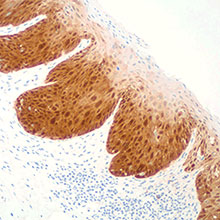Leverage over 45 years of innovation and technical expertise supporting drug development, discovery, research, and diagnostics through our core technology platforms. With over 150,000 citations, GMP and ISO certifications, our highly-sensitive, quality products consistently deliver trusted results. We maintain product integrity and reliability with our in-house U.S. manufacturing facility. We deploy our bench of expert PhD scientists to provide technical, tailored, support for our customers and their projects.
Rely on our extensive experience in innovation, technology development, and manufacturing to support your cancer research and development. Our comprehensive Life Sciences Contract Services support the development of customizable, unique, and efficient solutions for all your research needs.







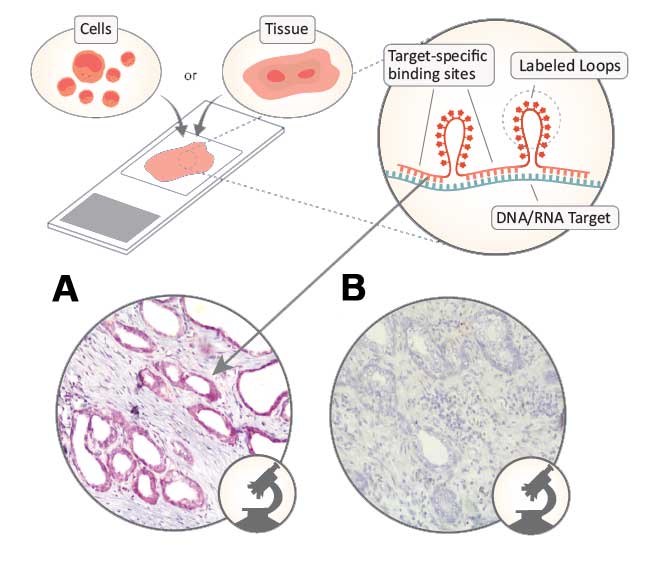

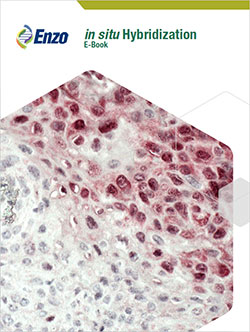





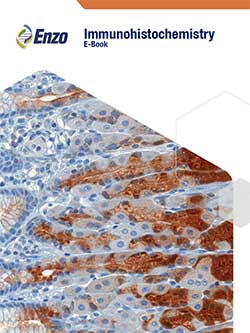
 What are the Biomarkers of Ovarian Cancer?
What are the Biomarkers of Ovarian Cancer?
 Targeting Biomarkers for Tissue-Agnostic Therapies for Cancer Treatment
Targeting Biomarkers for Tissue-Agnostic Therapies for Cancer Treatment
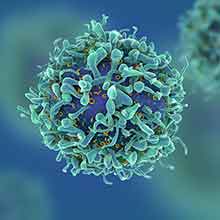 What is Cancer Metabolism?
What is Cancer Metabolism?







